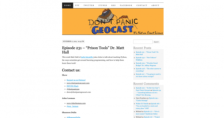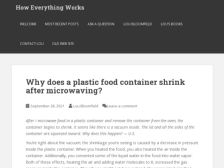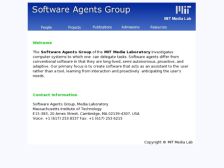Browse Resources
(35 classifications) (38 resources)
| Abbreviations
(1)
Acronyms (3) Addresses, essays, lectures (1) Australia (3) Bibliography (1) Blogs (1) Computer network resources (19) Congresses (1) Developing countries (3) Dictionaries (2) Electronic discussion groups (1) Encyclopedias (1) Environmental aspects (1) Exhibitions (1) Great Britain (2) History (37) Information services (9) |
Islamic countries
(1)
Mathematics (4) Miscellanea (2) Periodicals (31) Political aspects (3) Popular works (3) Press coverage (2) Public opinion (1) Research (30) Research grants (3) Social aspects (27) Societies, etc. (4) Study and teaching (38) Study and teaching (Elementary) (3) Study and teaching (Higher) (6) Study and teaching (Middle school) (2) Study and teaching (Secondary) (3) United States (22) |
Resources | |||||||||||||||||||||||||||||||||||||||||||||||||||
|---|---|---|---|---|---|---|---|---|---|---|---|---|---|---|---|---|---|---|---|---|---|---|---|---|---|---|---|---|---|---|---|---|---|---|---|---|---|---|---|---|---|---|---|---|---|---|---|---|---|---|---|
| |||||||||||||||||||||||||||||||||||||||||||||||||||
| ← Previous | Next → | ||||||||||||||||||||||||||||||||||||||||||||||||||






